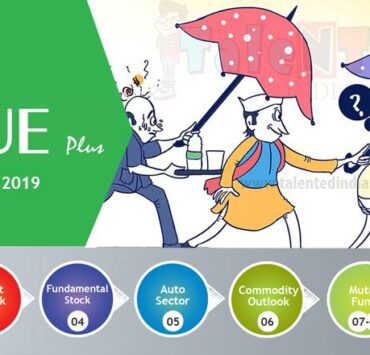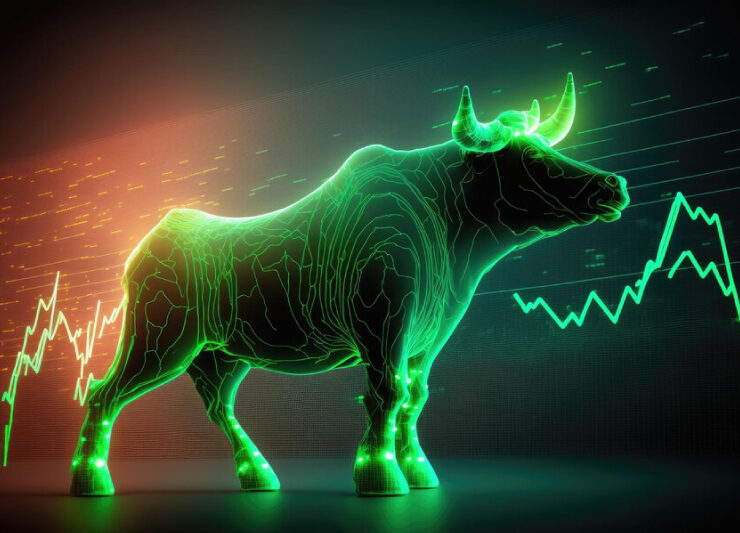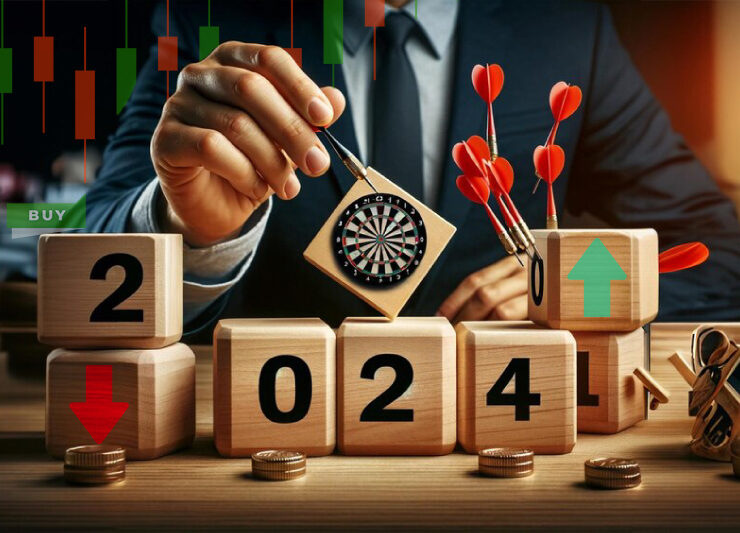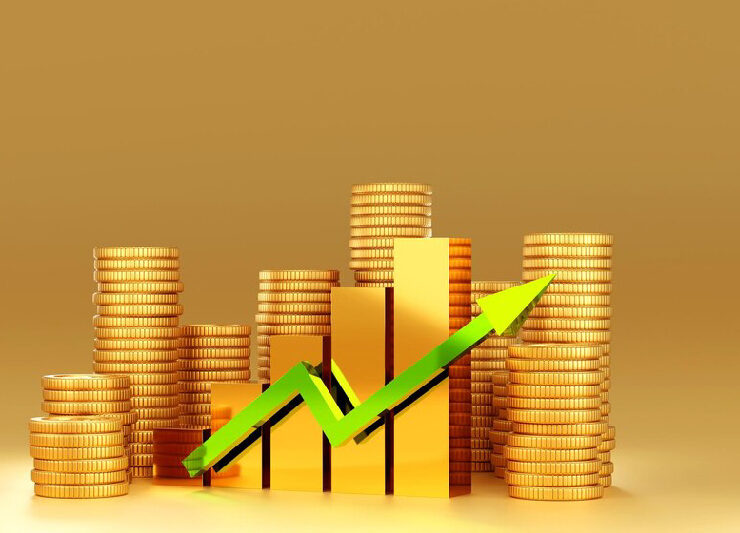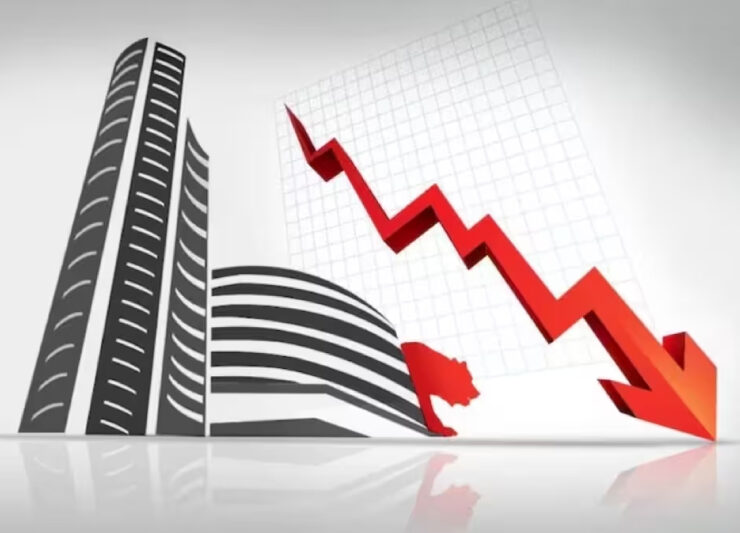Election 2019 – What a retail investor should do??

After consolidating at the historic high for whole month in April 2019, markets haves corrected bit due to the weak global cues which has led to increase the volatility in the markets. If we look at the previous trend of Indian markets, whenever there is a big event such as general elections the market becomes unpredictable and goes up or down. This is due to the people’s assumption in the market. The market works on assumptions or news and gets adjusted whenever the things happen actually.
The iconic General Election of 2019 has increased the volatility which clearly suggests that there is uncertainty at the current levels which bring me to the point of assumptions. As we talk about the assumptions, in a general poll it is assumed that BJP will again succeed to form the government and if this happens we may see the market move of 10% up which is in the anticipation of general election 2009, when the Indian National congress government led by Dr. Manmohan Singh came into ruling for the second time consecutively. This is due to the confidence that the domestic and Foreign Investors have in our economy. However, if BJP fails to from the government we may see a downtick too in the markets.
If we look at the historic data of last three General Elections, it is evident that General elections bring a good opportunity to invest and earn some money in a short span. In 2004, market collapsed approximately 7% when the NDA coalition government lost the election. In 2009, market rose up to 17% when the UPA government again came into the ruling while in 2014, market had a gap up opening when the BJP government led by Mr. Modi won the election with majority. The market started making new highs in the short span. Today, after 5 years we have seen an uptick of 65% from the date of election result of 2014.
CASE 1: 2004 General Election
| Particulars | Election date | 5 – 7 days | 6 Months | 1 Year | 3 Year | 5 Year |
| 11-May-04 | Swing High/low | 11-Nov-04 | 11-May-05 | 11-May-07 | 31-Mar-09 | |
| Closing Price | 1699.45 | 1292.2 | 1870 | 1975 | 4076 | 3020 |
| Return% | 0.00% | -23.96% | 10.04% | 16.21% | 139.84% | 77.70% |
CASE 2: 2009 General Election
| Particulars | Election date | 5 – 7 days | 6 Months | 1 Year | 3 Year | 5 Year |
| 14-May-09 | Swing High/low | 14-Nov-09 | 14-May-10 | 14-May-12 | 31-Mar-14 | |
| Closing Price | 3593 | 4509 | 4998 | 5093 | 4907 | 6704 |
| Return% | 0.00% | 25.49% | 39.10% | 41.75% | 36.57% | 86.59% |
CASE 3: 2014 General Election
| Particulars | Election date | 5 – 7 days | 6 Months | 1 Year | 3 Year | 5 Year |
| 12-May-14 | Swing High/low | 12-Nov-14 | 12-May-15 | 12-May-17 | 31-Mar-19 | |
| Closing Price | 7014 | 7563 | 8383 | 8126 | 9400 | 11623 |
| Return% | 0.00% | 7.83% | 19.52% | 15.85% | 34.02% | 65.71% |
If we talk about the returns from the market, from the 2004 election result date to 31st Mar 2009, the market gave a return of approximately 78% and from 2009 election result date to 31st Mar 2014, the market gave a return of approximately 87% while in 2014 till now the market has given approximately 66% return.
Thus, from the above examples we can say that elections are generally a crucial stage for investing in long term. However it brings a swing or volatility in the markets which is good enough to earn money in the short term. Further, this volatility should be used an opportunity to invest in the markets for long term which may help to build up a good portfolio.

